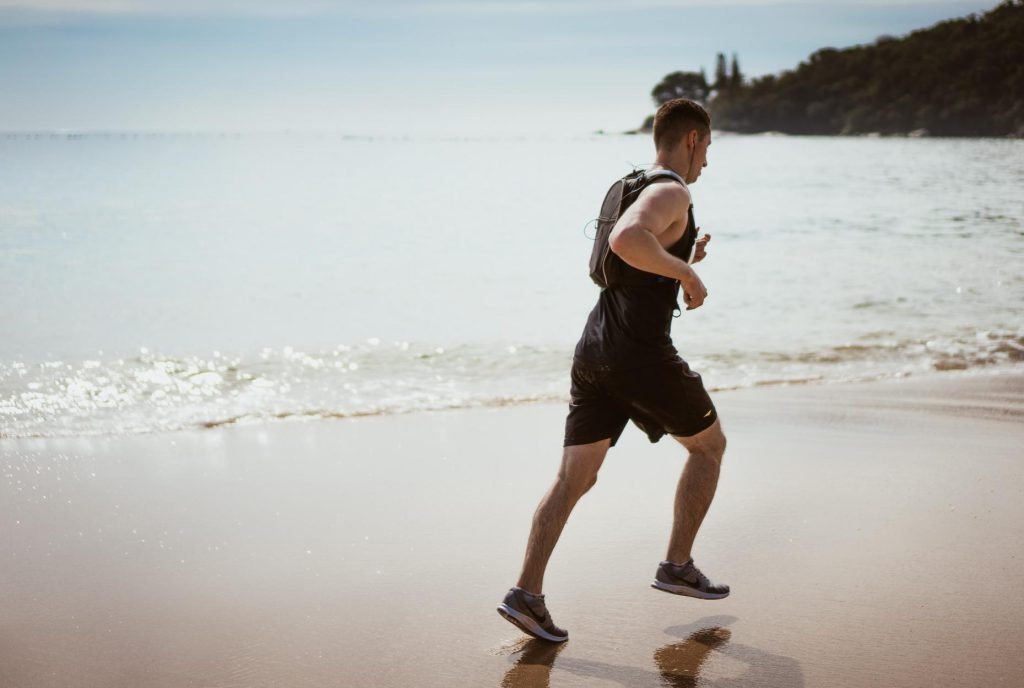
Varicose Veins and Available Treatment Options
Noticeably large veins can signal a problem with your blood circulation system. If your veins are damaged and weak, they can lead to blood pooling in your veins because your valves are inefficient. You can seek treatment for varicose veins Weston from a qualified specialist who can offer conservative and surgical treatments.
Who is at risk for varicose veins?
While age is the most significant factor for varicose veins, other factors like obesity, lack of physical activity, family history, and deep vein thrombosis can contribute to the condition. You can also have varicose veins due to pregnancy or childbirth, although this is not common for every woman.
Causes
While arteries transport oxygenated blood from your heart to your extremities, veins return non-oxygenated blood to the heart. However, if your valves and vein walls are weak, blood will end up flowing back into your veins leading to leg swelling because of the pooled blood. When the blood settles in your veins, your veins will become noticeable.
Treatment methods
Your specialist will offer a treatment plan depending on the severity of your condition. If your varicose veins are unsightly and not painful, your doctor might recommend lifestyle adjustments that include daily exercise and changes to your diet. You might need to undergo minimally invasive procedures or surgery in severe cases. The following are common treatment options you can receive.
Lifestyle changes
Apart from exercise and diet, your specialist will scrutinize your work schedule and check whether your habits contribute to the formation of varicose veins. For example, if you sit or stand for long hours, your doctor can recommend taking a few breaks to stretch your legs and promote blood circulation. When you get home after work, consider elevating your legs. You might also wear compression stockings if your condition is mild.
Sclerotherapy
During sclerotherapy, your specialist will inject a special solution into the affected vein. The solution will cause the vein to collapse and shut off, rerouting the blood to a healthier vein. The procedure is quick and requires zero downtime.
Endovenous ablation
Endovenous ablation uses laser energy or radiofrequency energy to destroy the affected vein. Your specialist will give you a numbing agent before the procedure begins and might require you to wear compression stockings for one week afterward.
Removal surgery
When all minimally invasive procedures are ineffective in treating your varicose veins, your specialist can recommend surgery. Removal surgery involves tying off the vein and removing it from your leg using specialized surgical tools. The procedure can remove damaged veins that are deep within your legs or ones that are near the surface of the skin.
Varithena therapy
Similar to sclerotherapy, varithena treatment uses microfoam injected into your affected vein. You might need one or two injections for visible results. Side effects might include leg discomfort lasting for one week after treatment.
If varicose veins are giving you sleepless nights, visit Soffer Health Institute for treatment. Dr. Soffer and his team will review your medical history and symptoms before providing personalized treatment. Call or schedule your appointment online today and improve your vascular system.
